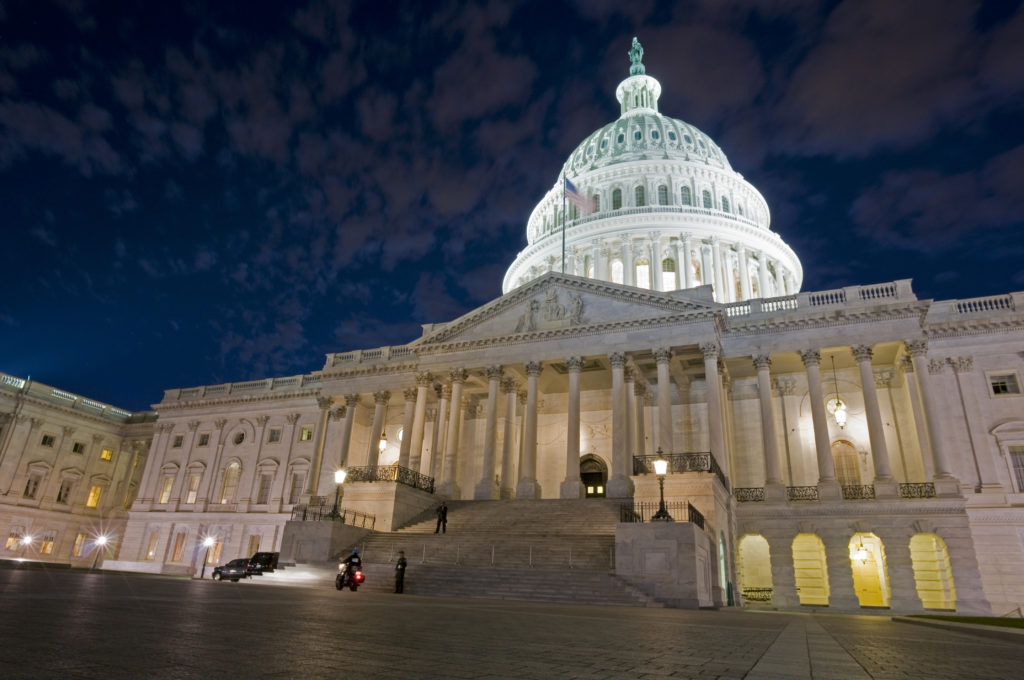With the election year in full swing, many nonprofits have questions regarding the scope of permissible election-related and lobbying or advocacy activities organizations recognized as exempt under Internal Revenue Code Section 501(c)(3) can engage in. This post will be the first in a series discussing these issues.
***
As most 501(c)(3) organizations are well aware, they are prohibited from engaging in any electioneering activities. This prohibition comes from the language of Section 501(c)(3) itself, which describes an organization exempt under that Section as one that “does not participate in, or intervene in (including the publishing or distributing of statements), any political campaign on behalf of (or in opposition to) any candidate for public office.” The general idea is that an organization is not operated exclusively for one or more exempt purposes within the meaning of Section 501(c)(3) if it engages in activities intended to impact the outcome of an election. But what does this language really mean in practice?
In simple terms, a 501(c)(3) organization may not directly or indirectly engage in or sponsor any activity that supports or opposes any candidate for public office. A “candidate” for purposes of this prohibition includes “an individual who offers himself [or herself], or is proposed by others, as a contestant for an elective public office…”. The prohibition applies not only to declared candidates, but also to third-party movements and efforts to encourage or discourage someone from running for office. “Public office” for these purposes refers to any position that is filled by a vote of the people. This includes elected offices at the local, state, and federal level, as well as party nominations, and is not limited only to partisan positions. However, it does not extend to appointed public official positions, such as some judges and executive nominees (although note that activities related to such appointments may constitute lobbying if the appointments are subject to legislative confirmation).
The prohibition on election intervention includes publishing or distributing written statements or making oral statements on behalf of or in opposition to a candidate, including on social media. It also includes using any of the organization’s resources to support or oppose a candidate, such as by making a contribution to a campaign, preparing a research report for the use of only one campaign or certain campaigns, or sharing the organization’s mailing list with a specific campaign for free. However, it generally also includes less obvious activities, such as coordinating activities with a campaign, distributing campaign materials at an organizational event, or using code words in a communication to refer to a candidate other than by name.
In determining whether a particular action constitutes impermissible electioneering, the IRS will look at the all of the relevant facts and circumstances. While there is no clearly established test that will be used, the IRS has indicated that the factors it may consider in determining whether a particular communication constitutes prohibited electioneering include:
- Whether it identifies a candidate for public office or a candidate’s position on an issue that is the subject of the communication
- Whether it expresses approval or disapproval for a candidate’s position or actions
- The timing of the message and its proximity to an election
- Whether it makes reference to an election or voting
- The targeted audience, including whether it targets voters in an election
- How the message relates to candidates’ and political parties’ communications, and whether it discusses an issue that has been raised as distinguishing candidates for a given office
- Whether it is part of an ongoing series of communications by the organization on the same issue that are made independent of the timing of any election
- Whether the timing of the communication and identification of a candidate are related to a specified event other than an election (such as a scheduled vote on legislation)
If a 501(c)(3) organization engages in any amount of prohibited electioneering, it runs the risk of having its tax-exempt status revoked by the IRS, either permanently or for a specified period during which the activities occurred. The IRS also has the authority to impose a tax of 10 percent of the expenditure associated with the electioneering activities on the organization and a tax of 2.5 percent on organizational managers who knowingly and willfully approved a prohibited expenditure, up to a total of $5,000. If the IRS does impose either tax and the expenditure is not corrected within the appropriate period, an additional tax of 100 percent of the prohibited expenditure may be imposed on the organization and an additional tax of 50 percent may be imposed on the individual managers, up to a total of $10,000.
Although 501(c)(3) organizations must be careful to avoid engaging in prohibited campaign intervention, not all election-related activities are completely prohibited for such organizations. We will discuss certain permitted nonpartisan election-related activities that can be engaged in (if done carefully) without jeopardizing an organization’s exempt-status in additional blog posts in this series.
* Please note that the posts in this series are intended to address some of the federal tax law issues that may apply to organizations recognized as exempt under Internal Revenue Code Section 501(c)(3). However, they do not address other potentially applicable legal, registration, or reporting requirements, including, but not limited to, state tax law issues, federal election law, or state and local election laws, which are currently beyond the scope of this blog. Organizations should be aware of all applicable laws, rules, and requirements and ensure appropriate compliance.
